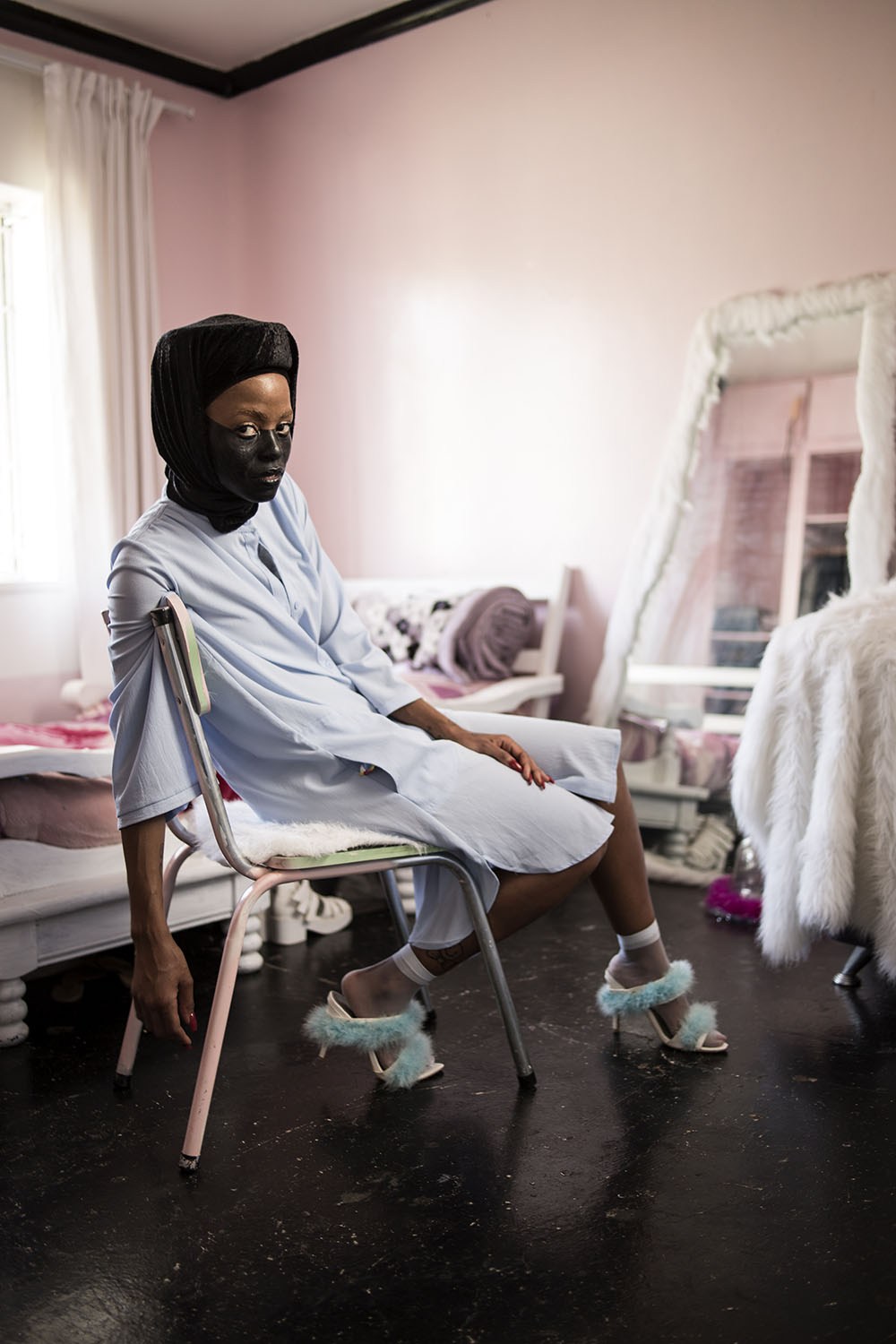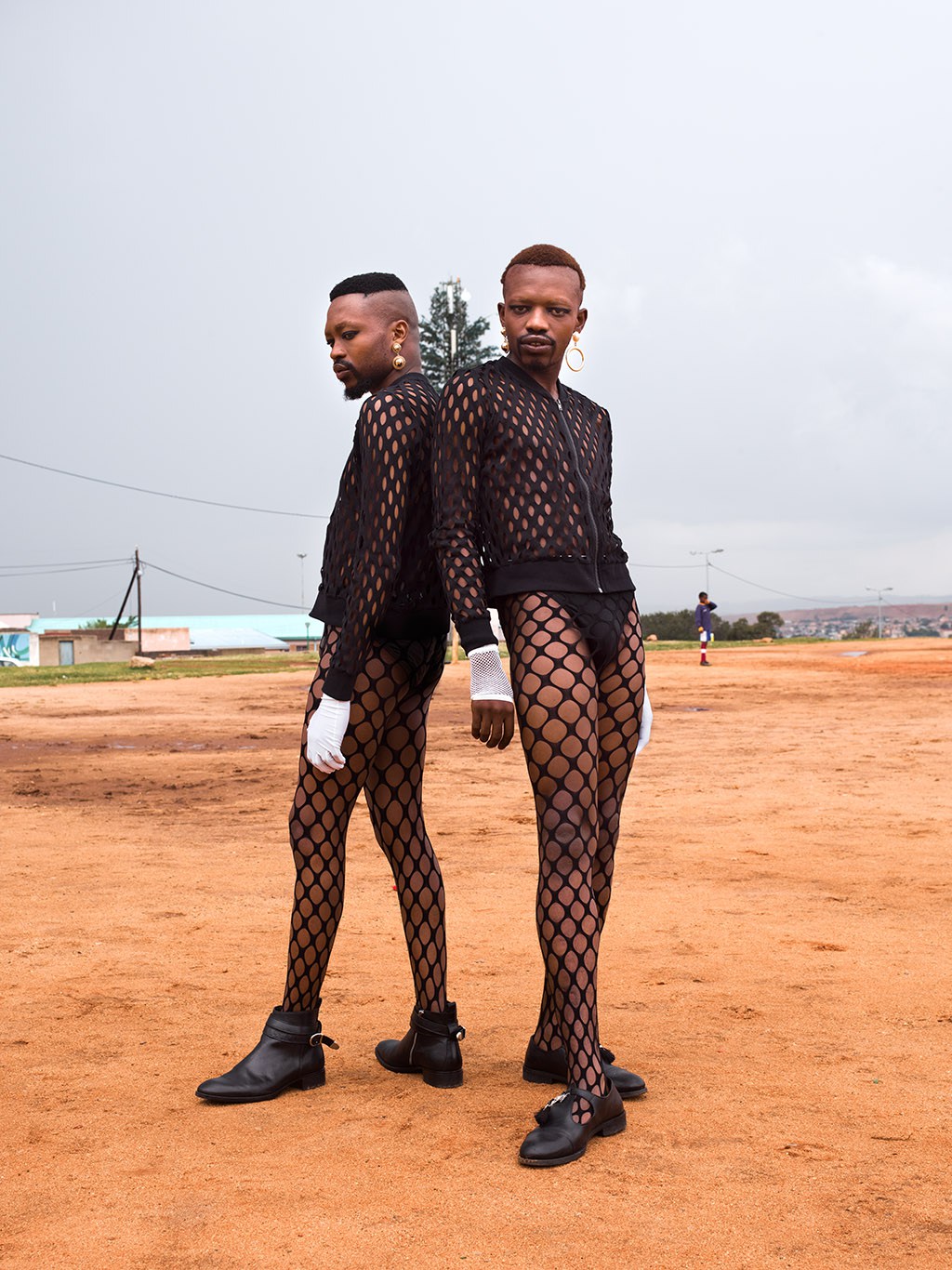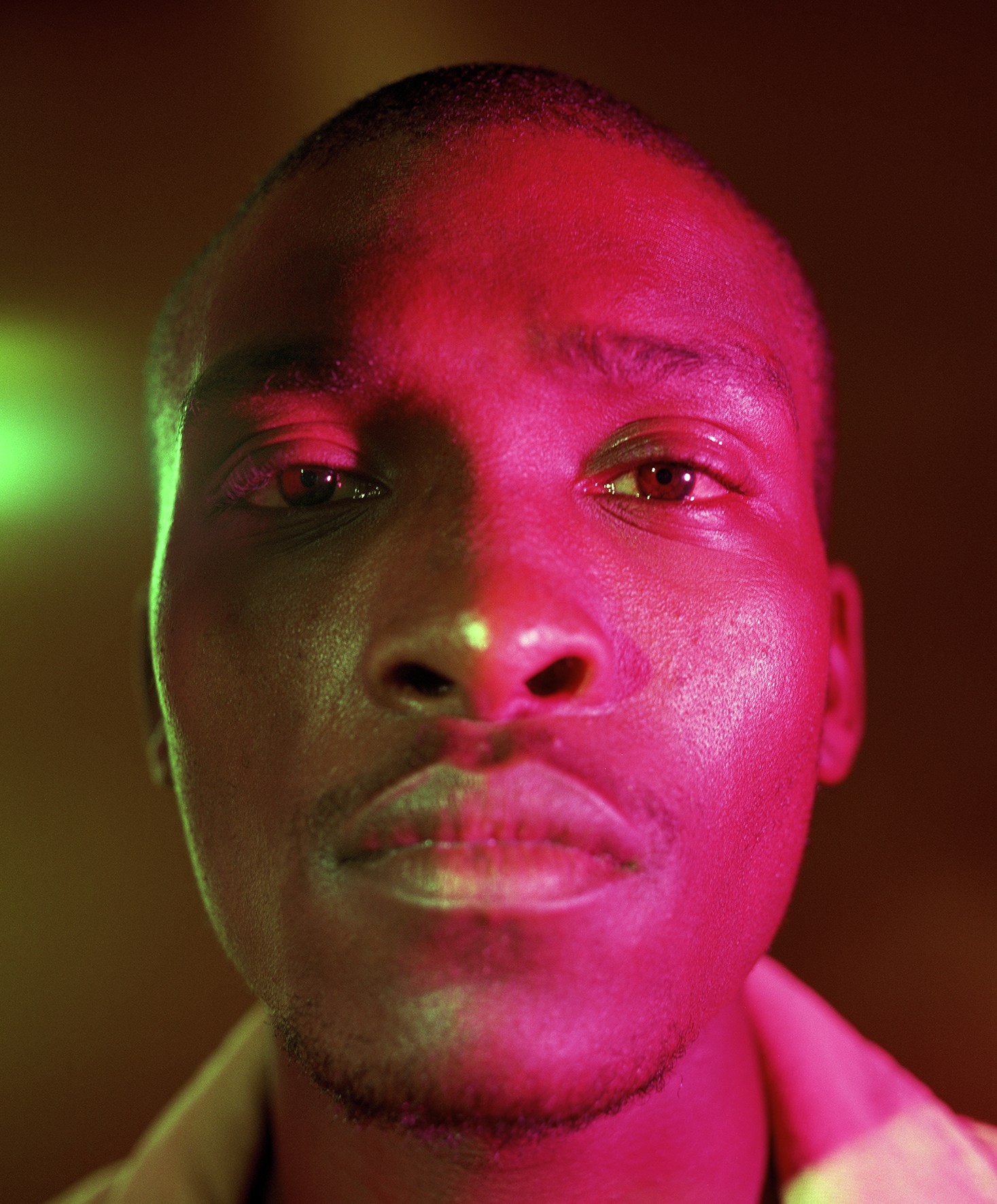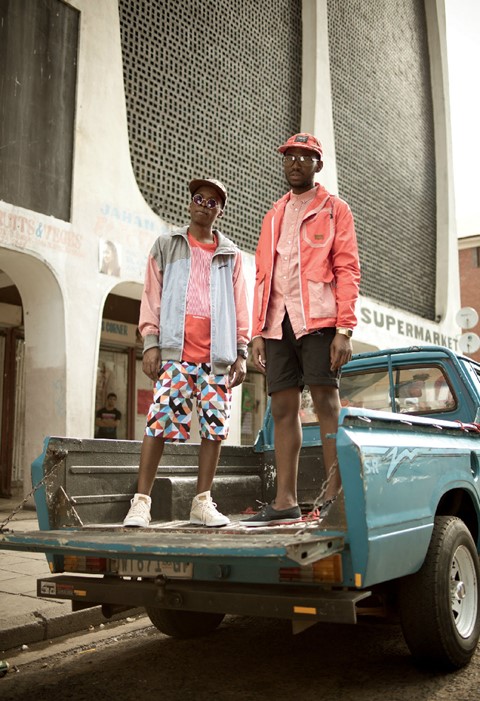Over the last 8 years ANTiGEL Festival has grown to become one of the largest cultural events in Geneva. By bringing artistic experience to parts of the city that are detached from this kind of engagement, the festival aims to be a reminder of the importance of making spaces for arts and culture. Africa What’s Up is a residency that falls within the festival. Artists from South Africa and Egypt have been invited to put together an evening dedicated to cultural music and cultural production on their countries.

Throughout the week-long residency, South African and Egyptian artist have been interacting with cultural producers from Mali, Nigeria and Switzerland. It has also provided a moment of pause and refection. In addition to the time spent networking and teasing out performance plans, artists have been able to engage with one another and the residency organisers in daily roundtable discussions. This expands the purpose of the residency to that of a space for conversations that directly affect artists. These include conversations around womxn’s access to performance time and how this is connected to networks, resources and development. Discussions also included the larger question of access for artists in general with regards to visa applications and funding to sustain their practices.

Even though the residency has a focus on music, it also embraces the importance of cross-disciplinary pollination. This can be seen by the performance element.
South Africa’s CUSS Group and the Swiss cultural organisation Shap Shap co-curated the South Africa What’s Up lineup, which includes performances by FAKA, DJ Prie Nkosazana, Dirty Paraffin and DJ Lag. Choreographer Manthe Ribane and Swiss electro-soul duo Kami Awori will be presenting their collaborative effort. Having met in Johannesburg, they have combined music, choreography and a visual display to present a full sensory experience.

What is particularly important about the residency is how it encourages cross-disciplinary pollination and has opened up discussion around what it necessary to facilitate easier access to gigs and spaces for African artists. It has also provided a space to draw out how these kinds of conversations need to be translated into pragmatic steps for action.



